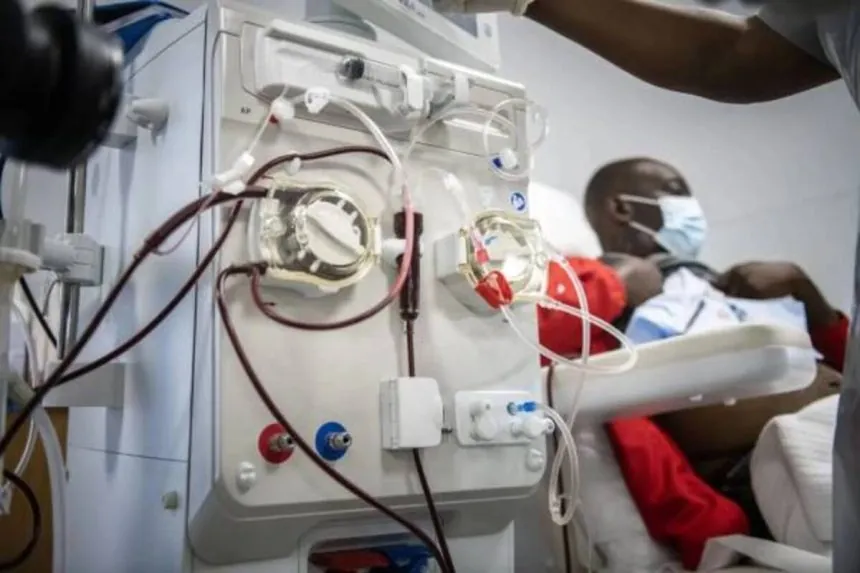Kidney disease patients in Delta State will now pay less for dialysis treatment in public hospitals following a new initiative by the state government to ease healthcare costs.
The Commissioner for Health, Dr. Joseph Onojaeme, announced on Tuesday that the price of a dialysis session has been reduced from over ₦70,000 to ₦45,000. He said the move, approved by Governor Sheriff Oborevwori, is backed by the procurement of eight additional dialysers for state-owned hospitals.
Speaking on a Delta Television programme, Politics in Perspective, Onojaeme explained that the initiative is part of a wider health sector upgrade which also includes the acquisition of Magnetic Resonance Imaging (MRI) and Computed Tomography (CT) scan machines. According to him, these investments will save residents from the stress and cost of travelling long distances for advanced medical diagnosis.
The commissioner also disclosed that more than 150 Primary Health Centres (PHCs) across the state are set for renovation and expansion to improve access to affordable care. Delta currently operates three tertiary hospitals, 65 general hospitals, and 441 PHCs, many of which are being remodelled.
Highlighting the state’s maternal healthcare programme, Onojaeme said the initiative has reduced maternal mortality from 350 to 120 deaths per 100,000 live births. He further revealed that government hospitals have been granted approval to retain 100 percent of their Internally Generated Revenue (IGR) for day-to-day operations.
On reforms within the contributory health scheme, he confirmed that erring medical staff who attempted to undermine the government’s efforts had been sanctioned or demoted. He also pointed to strict surveillance under the Drug Revolving Fund as a safeguard against fake and substandard drugs entering public hospitals.
The commissioner commended Governor Oborevwori’s recognition by the Nigerian Association of Resident Doctors (NARD), noting that he is the first governor in the country to pay the Medical Residency Fund.
He urged residents to take advantage of the improved healthcare services and prioritise regular check-ups for early detection and prevention of serious illnesses.




